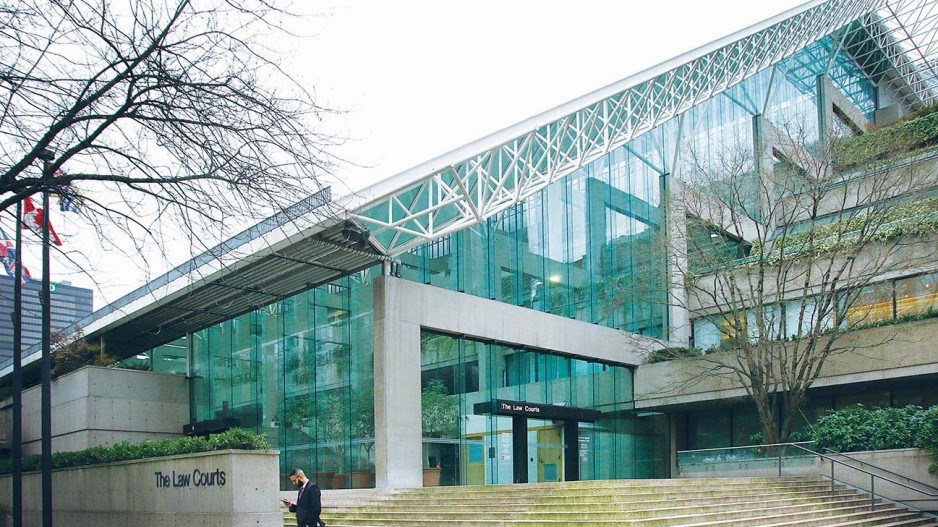The witness testimony portion of the Meng Wanzhou extradition hearings will likely take much longer than originally anticipated, with the judge presiding over the case agreeing with Crown and defence lawyers to add two more weeks of potential court dates.
That, combined with the launch of the witness questioning this week and another week originally set aside for this purpose (November 23–27), will mean the contentious cross-examination process will last potentially four weeks - possibly pushing back some document and motion-filing deadlines in the case (although likely not the final decision date set for next spring).
The hearings will now take place next in the week of November 16-20, followed by November 23–27 and then December 7/8. The last dates could be stretched to fill the rest of the week (December 9–11) if the court can find suitable courtooms to host the hearings during that time.
Meanwhile, at the current hearings, the Canada Border Services Agency officer who said he erroneously handed over a piece of paper with Meng Wanzhou's electronic device codes to the RCMP called the move a "heart-wrenching" mistake in court Friday.
Scott Kirkland, under cross-examination by Meng defence lawyer Mona Duckett, said it was not the plan to hand the information over to police, adding that the error was made when items collected from the Huawei Technologies Co. Ltd. executive were transferred to RCMP jurisdiction after the CBSA completed its admissibility exam on Meng.
"I'm telling you that it's heart-wrenching that I made that mistake," Kirkland said, adding that he would have definitely corrected the situation had he known he had made the error.
Court heard that the error was not discovered until January 2019 – more than a month after Meng's arrest at YVR on a U.S. extradition request for fraud and money laundering.
Kirkland also said Meng did not want to give her code initially when asked by CBSA inspectors, but officers did not force her to turn the passwords over. Rather, the Huawei executive decided to do so after the CBSA explained the potential need to examine her devices for a border-entry admissibility examination.
The CBSA officer also challenged Duckett's assertion that the agency seized the devices, noting that in legal terms, the agency was collecting the phones for examination only.
"Did we seize the devices? Not on legal terms," Kirkland said. "We are taking it under the pretense that we may examine them. We didn't examine them, but we would not have collected the passwords if there wasn't a pretense to examine."
Duckett wrapped up the morning session by again criticizing the lack of notes taken by Kirkland for the inspection, noting that CBSA officers had the duty to provide reliable records that may be used in court to assist in specific cases - as is the case with the Meng extradition arrest.
In the afternoon, the Crown called the third witness in the case - CBSA Superintendent Bryce McRae, one of the supervising officers on December 1, 2018, the date of Meng's arrest.
McRae said the only notification he received about Meng's arrival on Dec. 1 was a phone call last time "one or two minutes" on November 30, adding that his office has had zero contact with foreign law enforcement authorities before or after the arrest.
The superintendent also clarified a commonly misunderstood point – CBSA's secondary inspection of Meng at the airport lasting three hours was not detention or arrest. It means the threshold for taking actions like inspection electronic devices is much lower than an arrest and does not require the reading of charter rights.
"The threshold is whether there's a lack of candor [for the person entering Canada]," McRae said. "It would be things like indicators of a person being truthful about their entry application into Canada.
"Ultimately, the officer conducting the inspection makes the determination [to take electronic devices," he added. "I'm not the one doing the examination. I can provide guidance, but it's up to the officer inspecting the passenger."
The hearings will now resume on November 16.




